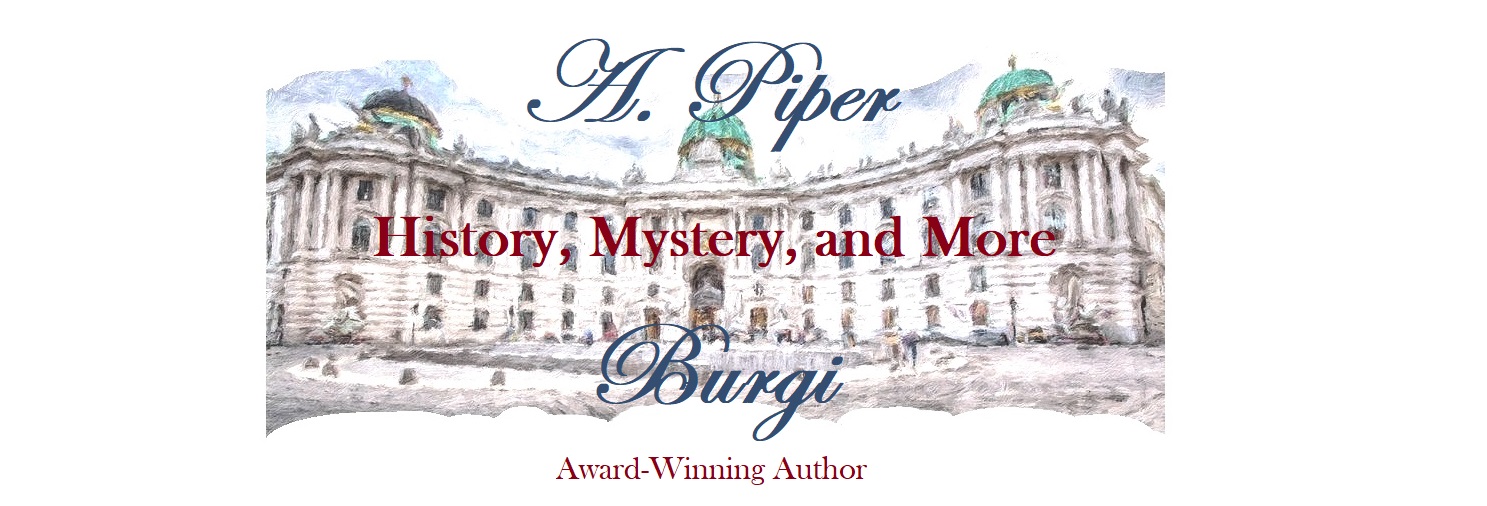Chapter One
The Secret of Mayerling
The city of Vienna was filled with rumors and speculations.
The newspapers published special editions, bordered with a black edge. Foreign
papers were being confiscated left and right. But a few hundred issues almost
always escaped the police’s grip. They were passed on in secret. The articles
were read over and over, and their contents spread like wildfire.
In public houses, cafes, and plenty of cabs, such papers could be “rented” in exchange for a pretty penny. They were brought out from their secret hiding places and read in the backroom of public houses or in a closed carriage with the curtains half-way drawn and returned to their respective owners. Their contents were not necessarily the truth, but the stories were definitely sensational.
The mysterious and sudden death of Crown Prince Rudolph naturally heated the people’s temperaments. Had he become the victim of a hunting accident, or did he indeed have a heart attack? At least that’s what the newspapers had reported shortly after the Crown Prince’s death. However, those special editions received their information from the K. and K. Court Press Bureau. But the question staring in everyone’s face was this: Could the source be trusted?
Soon enough, people heard and read many different versions. Was the Crown Prince poisoned? Mr. Loschek, Rudolph’s valet, who had been one of the first people to discover the bodies, testified that there was more than likely cyanide in the water on the bedside table. So, what really happened at Mayerling? Did the Crown Prince shoot himself, or had he been knocked over the head with a champagne bottle? Those and similar theories were voiced by the people who had seen Rudi’s dead body with his head wrapped in gauze. Was it a love story gone horribly wrong, or did a killer commando of a foreign power assassinate the Crown Prince of the most powerful Empire in the world? What did the imperial court know, and what were they hiding?
Slowly but surely, the news leaked that a second body had been discovered at Mayerling, and rumor had it that it was the corpse of young Freiin Mary Vetsera. She was barely 17 years old and lived in the third Viennese city district. During the night, the poor girl’s body had been secretly removed and expediently buried at the cemetery of Heiligenkreuz. Her mother had gone half-mad over the loss, had been issued an imperial gag order and forced to leave the country.
What was so mysterious about those two dead bodies? How did the young woman get to Mayerling, and how did Mary Vetsera die? Had she become an unwilling witness to Rudi’s murder, and that’s why she had to perish as well? The conundrum weighed heavily on the grieving Empire during one unusually cold February day. Black flags of mourning were on display all throughout Vienna.
All theaters and entertainment establishments remained closed. All balls had been canceled. In the showcase windows of the local stores, photos of the late Crown Prince were on display. And here, behind the gleaming window panes, a picture of Rudolph’s body with his head wrapped in gauze could be seen. Others chose a less morbid route and put pictures of the Crown Prince in their windows that were taken during his lifetime. One even showed him with his wife and daughter. This hopeful young man had been ready to take on the responsibilities of guiding the Austrian Empire into the future. Incidentally, Stéphanie, a daughter of the King of the Belgians, had not been seen in public since news of the catastrophe broke.
And she was not the only one who preferred to hide from the public eye. Sisi had not been seen either. However, Franz Joseph, the deeply grieving father, seemed to be everywhere. He continued to work with more dedication than ever before, as some reported from the Hofburg Palace and Schönbrunn. As if he sought to numb his pain with his neverending commitment to the Empire and its people. He had, after all, lost his only son, to whom he had hoped to hand over the Empire when his time came to retire.
And indeed, Franz Joseph’s dedication was admired by foreign diplomats and their respective agents worldwide. The Emperor did not cancel one audience, conference, or a single meeting with his ministers...
